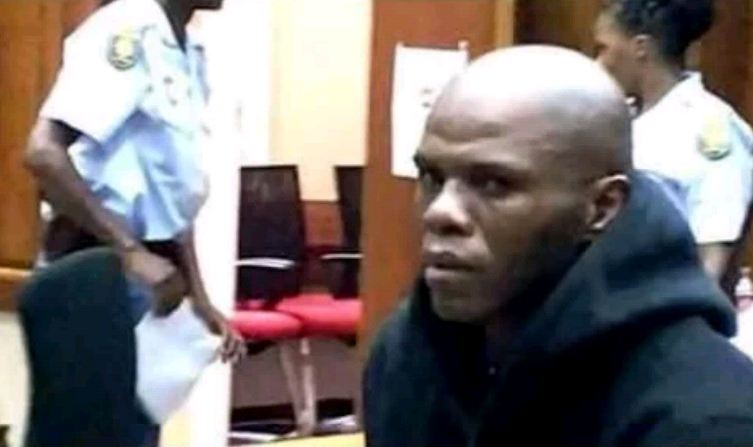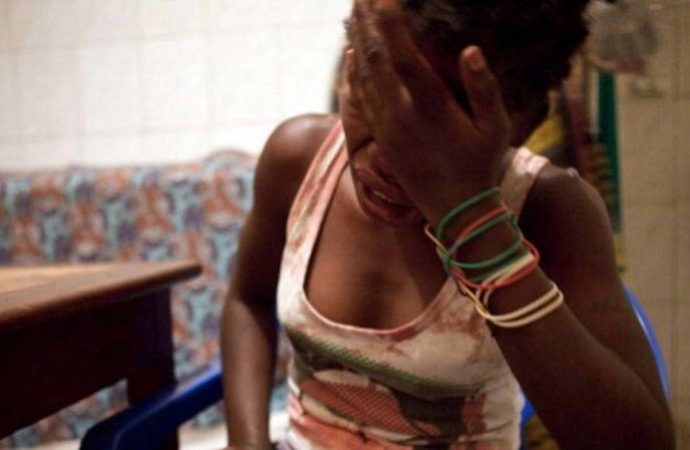Deposed ex-Sudanese President Omar al-Bashir has been moved to Khartoum’s grim high-security Kobar prison from the presidential residence, family sources said on Wednesday, as military rulers announced steps to crack down on corruption.

Sudan’s military ousted Bashir after weeks of mass protests that climaxed in a sit-in outside the Defence Ministry compound. Protest leaders say demonstrations will not cease until the ruling Transitional Military Council (TMC) hands power to a civilian-led authority ahead of elections.
The Sudanese Professionals’ Association (SPA), leading the revolt, has called for sweeping change to end a violent crackdown on dissent, purge corruption and cronyism and ease an economic crisis that worsened during Bashir’s last years in power.
Representatives of the Sudan protesters and main opposition groups known as Forces of the Declaration of Freedom and Change submitted a two-page document to the TMC calling for the establishment of a civilian-led ruling council with military representation, a member of the team told Reuters.
The document, which was seen by Reuters, also calls for setting up a government comprising no more than 17 ministers and a transitional parliament consisting of 120 members to supervise the work of the government.
The TMC had said it was ready to meet some of the protesters demands, including fighting corruption, but indicated it would not hand over power to them.
On Monday, the African Union urged the TMC to hand power to a transitional civilian-led authority within 15 days or risk Sudan being suspended from the AU.
Among a series of measures, the TMC announced that two of Bashir’s brothers, identified as businessmen Abdallah and al-Abbas, were the most prominent among several people who have been detained.
TMC spokesman Shams El Din Kabbashi also said in a statement read out on state TV that irregular forces that operated outside state institutions under Bashir, including the Popular Defence Forces, the National Service and the Popular Police, had been brought under direct military or police control.
The forces had been accused by protesters of being linked to Bashir’s ruling National Congress Party.
The council had earlier announced initial moves to tackle graft, including ordering the central bank to review financial transfers since April 1 and to seize “suspect” funds, state news agency SUNA said on Wednesday.
SUNA also said that the TMC also ordered the “suspension of the transfer of ownership of any shares until further notice and for any large or suspect transfers of shares or companies to be reported” to state authorities.
The TMC also decreed that all state entities disclose financial holdings within 72 hours, and warned that officials who failed to comply could be fined and face up to 10 years in prison, SUNA reported.
The decree applies to bank accounts and holdings of foreign currency as well as precious metals and jewelry inside and outside Sudan, according to the TMC.
Source ; Reuters



